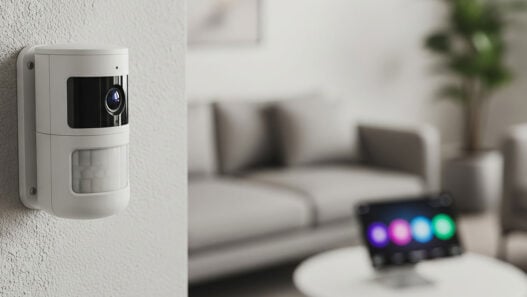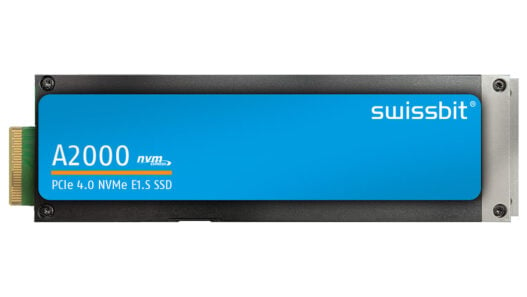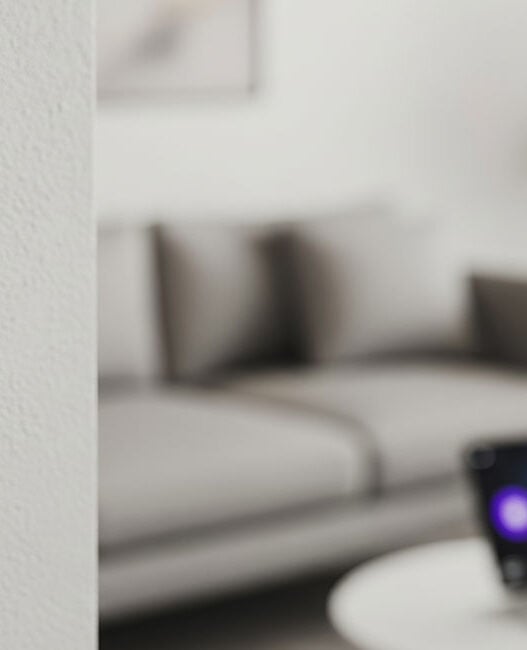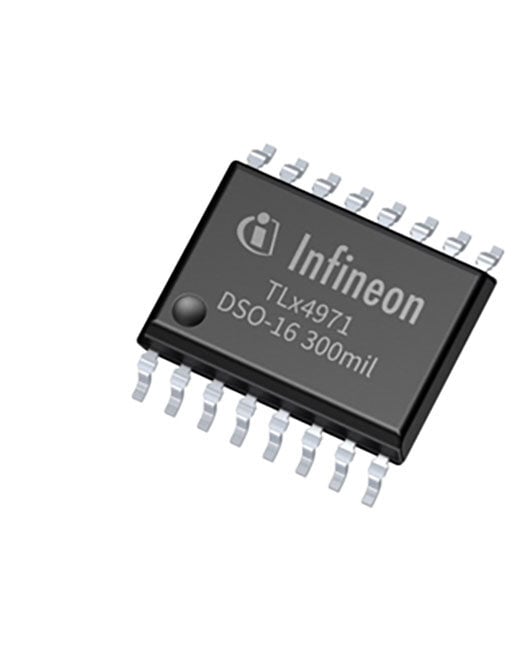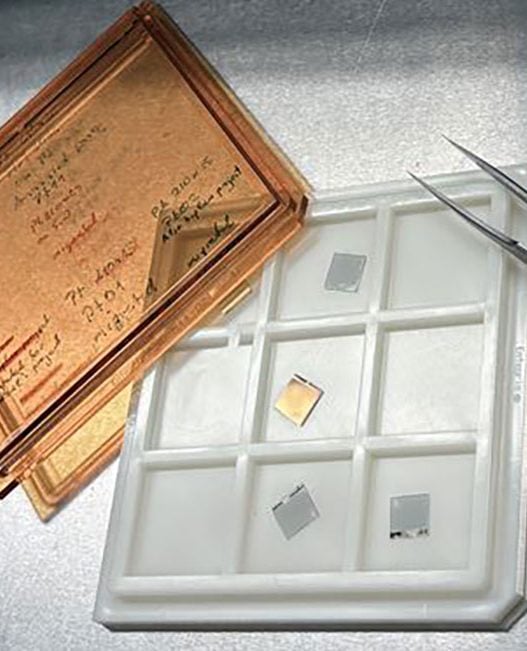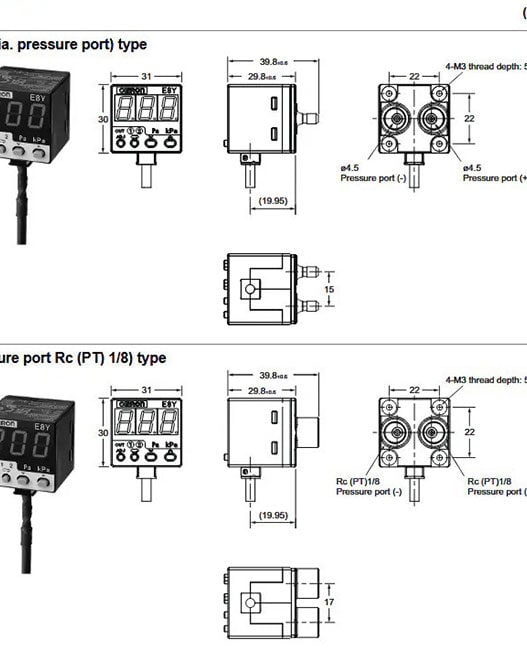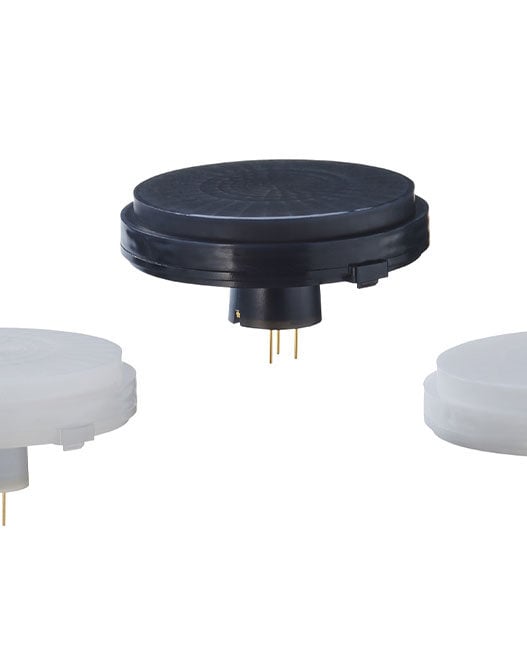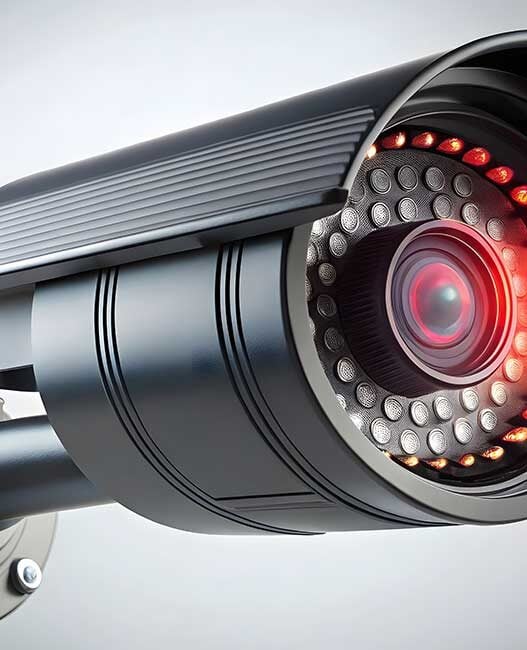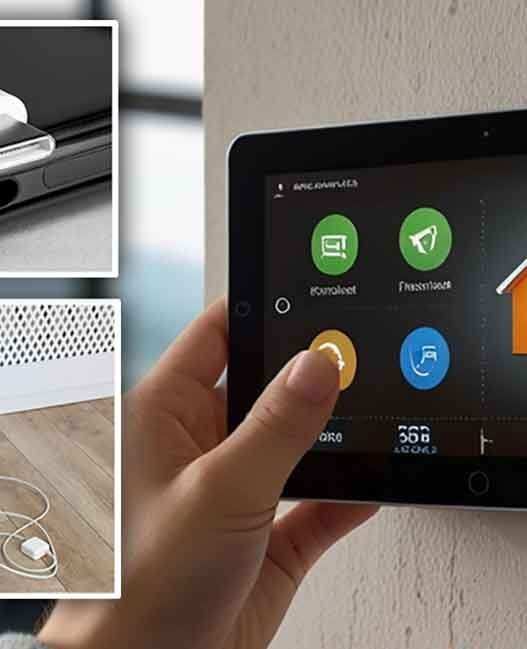This article originally appeared in the October ’21 magazine issue of Electronic Specifier Design – see ES’s Magazine Archives for more featured publications.
Even with vaccines available in many parts of the world, COVID-19 remains a concern, and the need to test symptomatic individuals persists.
Plus, although COVID-19 is a top-of-mind concern for much of the world, it’s not the only life-threatening illness, of course. Realities such as the above have spurred Botanisol Analytics and other researchers to develop new virus-testing possibilities that don’t just focus on infections specific to SARS-CoV-2.
A look at Botanisol’s laser-based technology
Botanisol Analytics’ virus screener is a compact unit (about the size of a file box) that plugs into a standard wall outlet. The interior features a sensor-equipped laser that uses the smallest possible wavelengths of light that still transmit through the air in environments with normal temperatures and pressures. The light instantly analyses a sample taken from the patient, specifically the chemical makeup of that person’s sample, to check for a viral infection.
The following summarises the process:
- Exposure from the laser light makes a sample’s molecules start to vibrate. This is crucial as each molecule in the world has a unique vibratory response that causes the light’s wavelengths to become shorter or longer depending on the given vibration’s energy
- The molecule then emits a shifted light that serves as a kind of signature
- Sensors in the laser technology detect that signature, and advanced algorithms analyse the light shift
Altogether, the process enables users to see what molecules the patient’s sample contains.
More sensitive than other laser-based testing methods
To quote Tom Milster, optical sciences professor and inventor of the system: “The sensitivity of the technique goes as one over the wavelength to the fourth power. That is, compared to an instrument using a laser at the 1-micrometre wavelength – which is a colour too red for the eye to see – our instrument would be over four thousand times as sensitive.”
Milster continues: “The 1-micrometre wavelength is a common wavelength used in similar instruments today. The technique does not actually detect viruses. It detects changes in the cellular membrane that are affected by the virus”.
The machine (pictured below) is reportedly 2,000 to 6,000 times more accurate than other chemical analysis methods. This is because the smaller laser wavelengths result in more precision. The development team also says this approach is 110 times cheaper and 18 times faster than the PCR (polymerase chain reaction) tests used to screen for viral RNA, or ribonucleic acid.
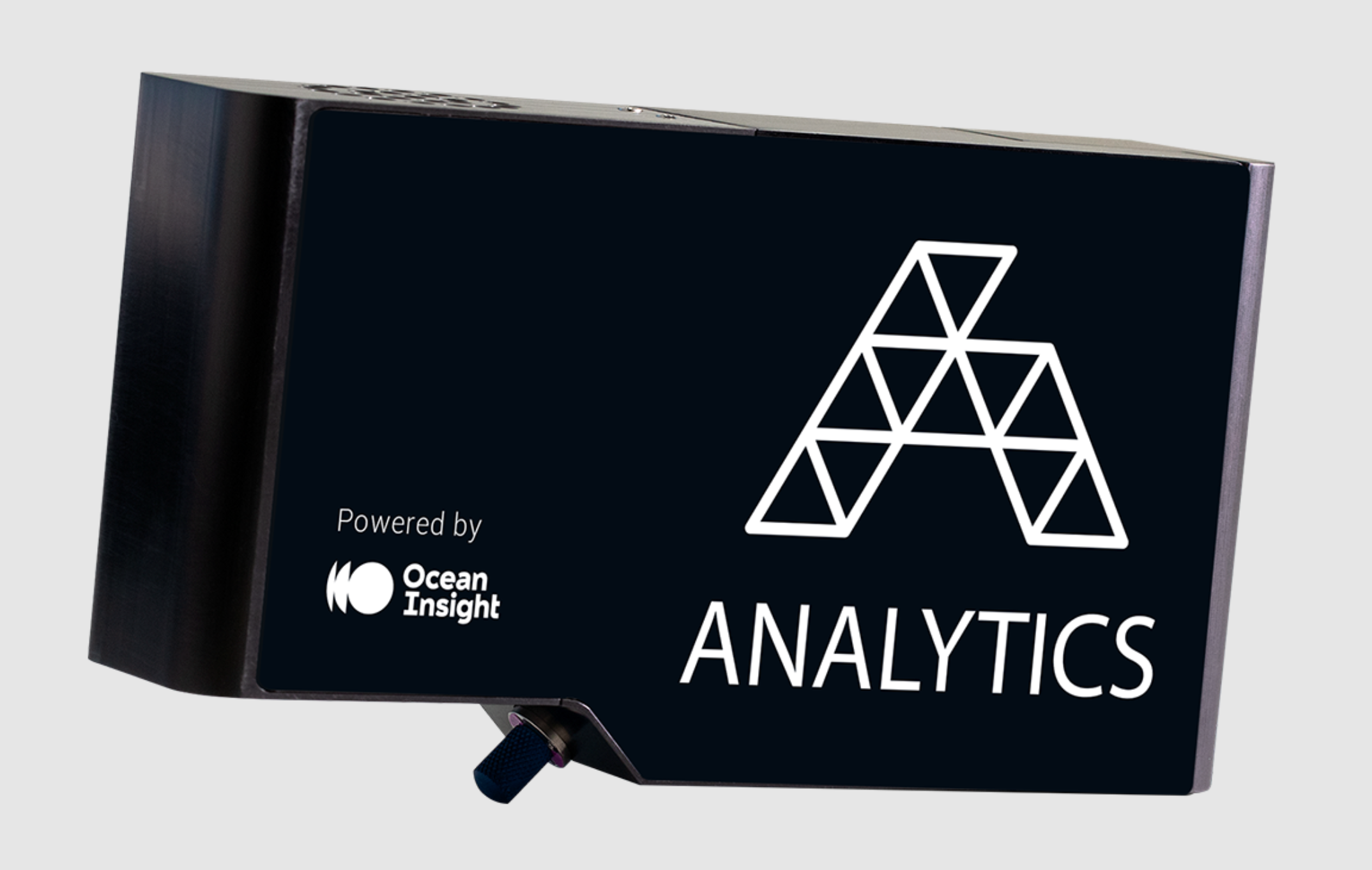
A close-up view of Botanisol Analytics’ laser-based virus screener
Rapid recalibration to detect other viruses
On top of the above, the technology is set to prove useful beyond COVID-19. “We can rapidly recalibrate these systems,” said Botanisol Analytics’ CEO, David Talenfeld, “to detect COVID-19 and other pathogens, from the common flu to future, [currently] undiscovered health threats. When a new virus is detected anywhere, all machines everywhere can be trained to look for it immediately by a software update.”
A practical option for rapid testing
Botanisol Analytics’ technology requires about five minutes to assess someone’s infection risk. That could make it ideal for a wide range of situations, such as screening for the following:
- University students arriving at their halls of residence for the first time
- Nursing home visitors before seeing loved ones
- Unvaccinated event attendees before they enter the venue
- Anyone expecting to have immunocompromised guests
Of course, with COVID-19 came numerous widespread changes to society: for example, more people received medical care at home via telemedicine and shopped online more frequently. But as hard as the health crisis has been, it has taught valuable lessons and spurred innovation. And this new method of using a portable, laser-based machine to test for viruses is just one example of the research and development into the current options and how to improve them.
A promising future for virus detection and management
The world’s expert virologists have repeatedly said since the early days of the COVID-19 pandemic that testing is a key component of keeping outbreaks under control. Thanks to numerous industry partners and grant support, the Botanisol Analytics team expects to produce 100,000 units of its product within a year. If these expectations are realised, the technology could go a long way in helping people to live with COVID-19 and other health threats.
In any case, this technological advancement could be groundbreaking for how it provides fast, reliable results. People can then start viewing testing as something that is not only minimally disruptive – but is instrumental in improving public health.





